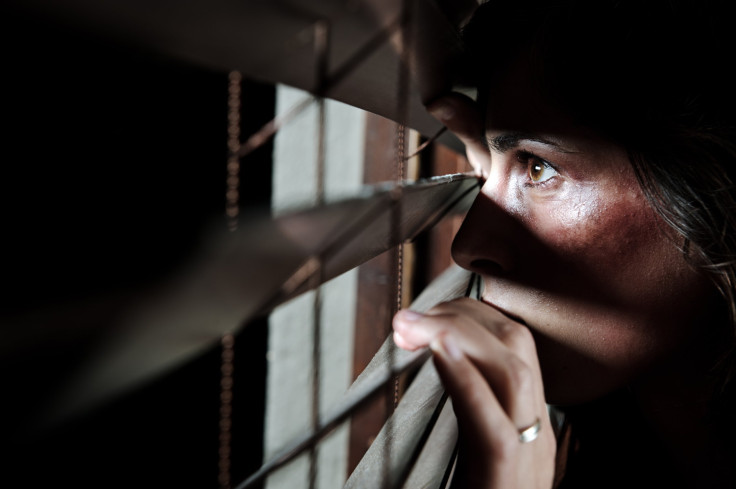Social Anxiety Can Be Beaten: How To Challenge Your Negative Thoughts And Stop Running Away From Your Fears

Like most people, you may be slow to open up to strangers, and you may feel that familiar feeling of a tightened throat or butterflies before going on stage. Everyone has experienced shyness or nervousness right before a big presentation, or before going on a date with someone they barely know.
But a form of severe shyness, known as social anxiety disorder, exists — and it isn’t just stage fright. It’s a far more serious and debilitating form of anxiety that can prevent people from socializing, doing well at their jobs, and finding new opportunities.
Individuals with social anxiety disorder have a much more intense desire to avoid any social interaction, often isolating themselves, than people who are merely dubbed "shy." People with this disorder are fearful of what others think about them, and constantly feel as though they are being negatively judged. They often feel sensations of embarrassment or criticism, and are worried that every social interaction will result in rejection. Physical symptoms like profuse sweating, dizziness, headaches, rapid heartbeat or blushing, are also common when they're forced to interact with others in unfamiliar environments.
Someone with this disorder might sit wringing their hands about speaking at a wedding, even a year before the event.
According to the Anxiety and Depression Association of America (ADAA), about 15 million American adults have social anxiety disorder, and 36 percent don’t seek help for almost 10 or more years after the onset of the disorder. Typically, it develops in children — the average age of onset is 13.
Like other mental health disorders, social anxiety is caused by a mix of environment and genetics, taking factors like inherited traits, brain structure, negative experiences, and brain chemistry into account. If your parents are naturally anxious, you may learn from and develop their patterns. If you’re a woman, for example, you’re more likely to develop this disorder as well.
So how does someone manage an anxiety that they feel powerless against? Even if a person recognizes the excessiveness of their anxiety, it is often hard to break away from its clutches.
Like most types of anxiety, people with social anxiety can undergo cognitive-behavioral treatment, take anxiety meds, and simply learn to become aware of their tendencies. Before taking medications like beta blockers or antidepressants, however, it may be important to try some basic personal steps at home. One of the first ways to begin conquering this crippling anxiety is to challenge negative thoughts. Some negative thoughts include, “I’m going to make a fool of myself,” “There’s no way they’ll like me,” and “What if they think I’m awkward and weird? I’d rather just go home.” The perception that discomfort in speaking in front of big groups is equivalent to you having nothing interesting to say, is damaging and often untrue. As Susan Cain, author of Quiet, has said: “There is absolutely no correlation between being the best talker and having the best ideas.”
Question your negative thoughts that have become a pattern. Will you really make a fool of yourself? Even if you’re nervous or quiet, will people really think you’re awkward or incompetent?
Anxiety is also deeply connected with your physical state: When you begin to have a panic attack before a social event, remember to focus on breathing. Hyperventilating is common among people who have panic attacks, and it can exacerbate the problem and make you feel more nervous and dizzy. Regular lifestyle changes, like sticking to a healthy diet, getting enough sleep (maintaining “sleep hygiene”), and exercising daily can greatly reduce stress, anxiety, and even specific disorders like social anxiety or social phobias.
Meanwhile, taking small steps to prepare for social situations can help ease you into the habit of facing your anxiety. Spending time in public with a close friend, greeting others, complimenting someone, or initiating plans with friends can also help.
Check the Centre for Clinical Interventions on ways to practice calm breathing, muscle relaxation, a thinking-feeling connection, and self-help.
If these self-treatments still leave you lacking, taking part in cognitive-behavioral therapy or group therapy can help begin unraveling your patterns and teaching you ways to cope with your anxiety.
Published by Medicaldaily.com



























